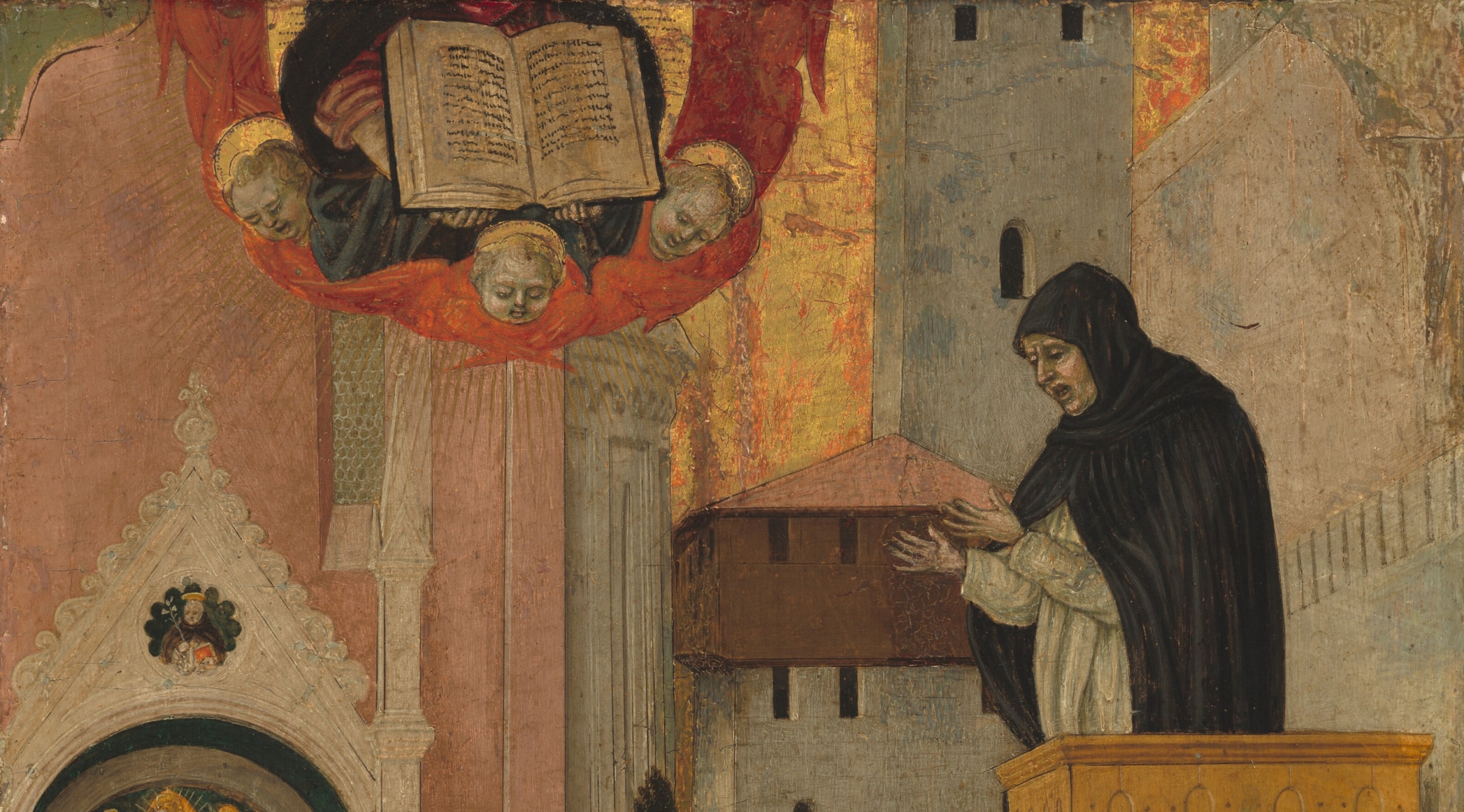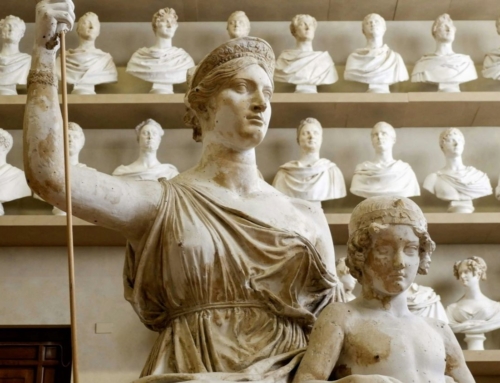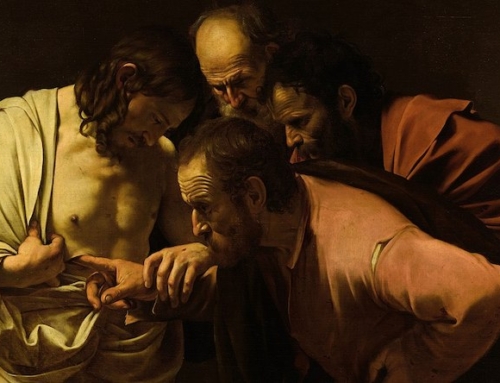“We have nothing to look forward to but this manna” (Num 11:6). It wasn’t easy to please Israel in the desert. Even miraculous bread sent from heaven couldn’t keep them happy for long. Centuries later, the prophet Jeremiah had found something to sate his and his people’s desire: “When I found your words, I devoured them; your words were my joy, the happiness of my heart” (Jer 15:16).
The image of eating God’s written word is one of the most powerful in all of Scripture. Scripture, like manna, is food, given by God to his people to sustain, nourish, cleanse, and delight. But this Word has a longer-lasting effect than ordinary food: “It is written: ‘One does not live by bread alone, but by every word that comes forth from the mouth of God’” (Matt 4:4). Manna sustained Israel for forty years, but the Word of God will never pass away (Matt 24:35).
Some foods do not taste good. They can even make the stomach churn (Lam 2:11). The expulsion from Eden, the destruction of Jerusalem, the Passion—they are not the easiest to swallow. But the Word of God is also sweet, more so even than honey from the comb (Ps 19:11). The promise made to Abraham, the Exodus, the Resurrection—these are the words that give more joy than grain or wine (Ps 4:8), that sate the soul as with choice foods (Ps 63:6).
The prophets devoured the Word of God, allowing themselves to be devoured by it. There exists, however, another kind of devouring, for “your opponent the devil is prowling around like a roaring lion looking for [someone] to devour” (1 Pet 5:8). He who used Scripture to tempt Christ in the desert (Matt 4:6) is the archetypal distorter of the Sacred Page, preying on man’s understanding of God by using God’s own words. As for those who take the devil’s cue, misusing and abusing Scripture, “Their throat is an open grave; on their tongue are subtle lies” (Ps 5:10).
Saint Thomas Aquinas, like men of old, devoured the Word of God. His biographers attest he committed the entirety of the Bible to memory: Pentateuch, prophets, Gospels—all of it. He let himself be devoured, not by the prowling devil, but by the creatures of Revelation (Rev 4:8), those four evangelists whose names even non-believers know. How long those words must have echoed in Thomas’s ears: “He said to me: Son of man, eat what you find here: eat this scroll, then go, speak to the house of Israel” (Ezek 3:1). Thomas obeyed. The Summa Theologiæ, the crown of his body of work, remains the heritage of the Church and the masterwork of Christian thought—the fruit of his eating the scroll.
Lesser known today than his Summa, is a commentary on Scripture that most enthralled Thomas’s contemporaries: his lectura on the Gospel of John delivered at Paris around 1270. Commenting on the Bread of Life Discourse, Thomas remarks,
But the bread of divine wisdom is life-giving of itself, and no death can affect it . . . . [S]ince every word of wisdom is derived from the only begotten Word of God . . . this Word of God is especially called the bread of life. Thus Christ says, I am the bread of life . . . . [T]he flesh of Christ, because of the Word of the Lord, is not the bread of ordinary life, but of that life which does not die. (Commentary on John, c. 6, lect. 4)
Seamlessly, Thomas links Scripture with the one whom all of Scripture reveals: Christ, the Word made flesh, who is our Eucharistic food. This “word of wisdom,” which Thomas refers to as the “proper food of the mind,” is what he devoured. Like the effects of partaking of the Eucharist, he let it transform him. Word and Sacrament, for the Angelic Doctor, were bound up in the same mystery. For us, the result is a deeper appreciation that, on coming to him, we no longer know hunger (John 6:35).
Let us then ask St. Thomas, this gourmand of heavenly things, to be our patron, that we may be inspired to devour the Divine Author’s Word and run with zeal to his banquet: “Come, eat of my food, and drink of the wine I have mixed!” (Prov 9:5).
✠
Image: Agnolo degli Erri, A Dominican Preaching







